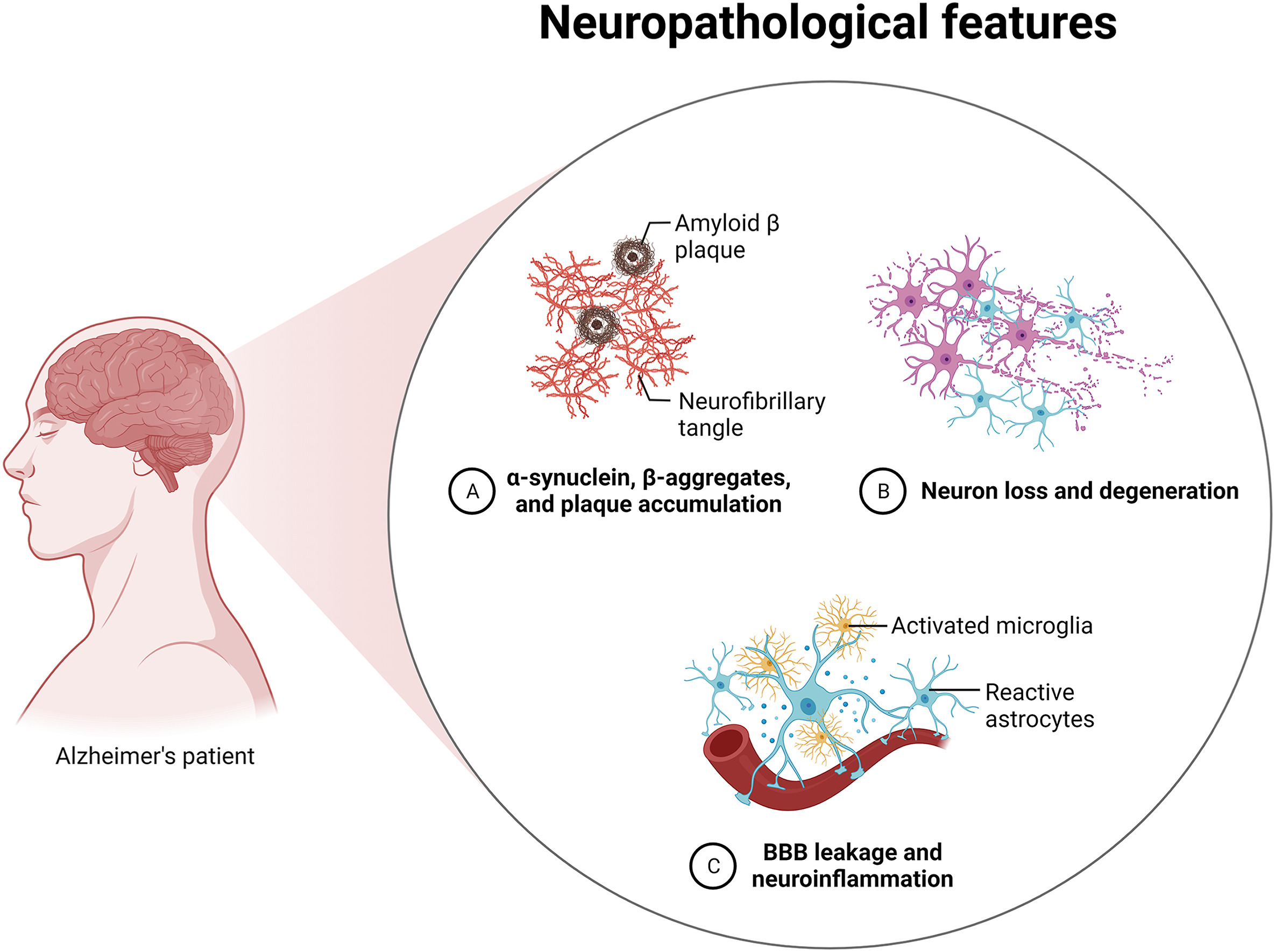This content aligns with Goals 15, 16, and 10 by discussing how UGGps actively involve local and indigenous peoples, preserving and celebrating their culture; emphasizing the bottom-up approach of UGGps, which involves active participation of local and indigenous communities; and showing how preservation of indigenous cultures, traditional knowledge, and practices within UGGps promotes cultural diversity and inclusion.
Sleep and Sport: Physical Performance, Mental Performance, Injury Prevention, and Competitive Advantage for Athletes, Coaches, and Trainers, 2024, pp 137-164

